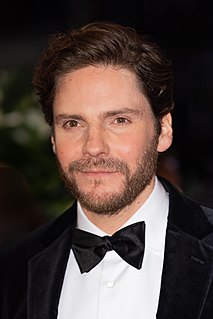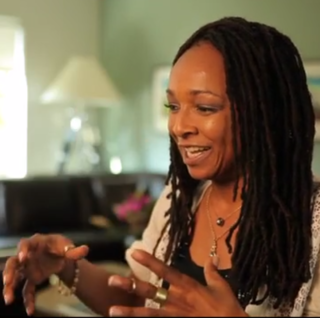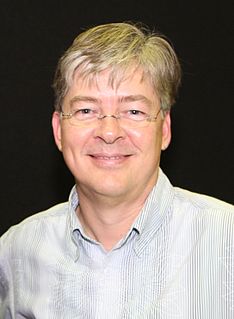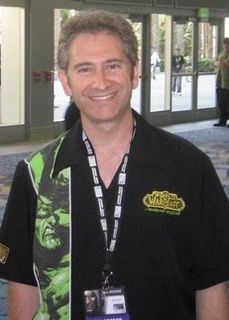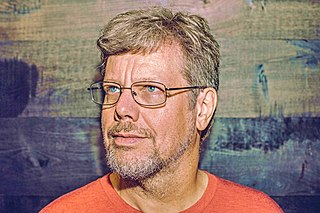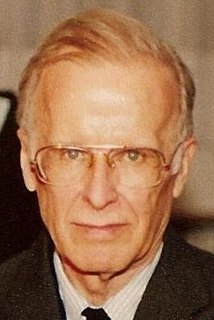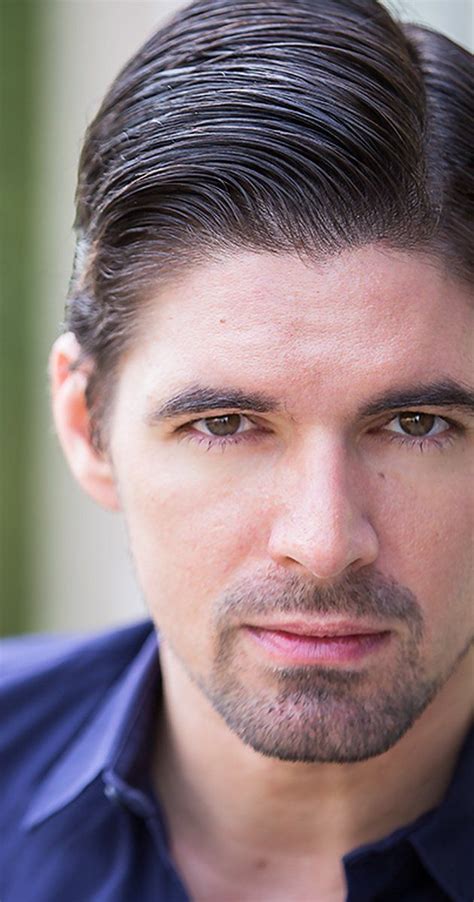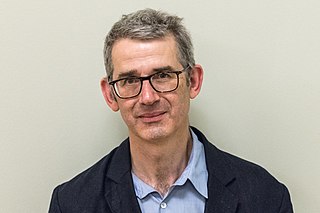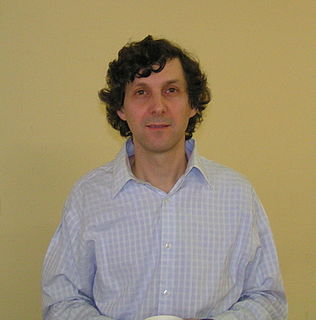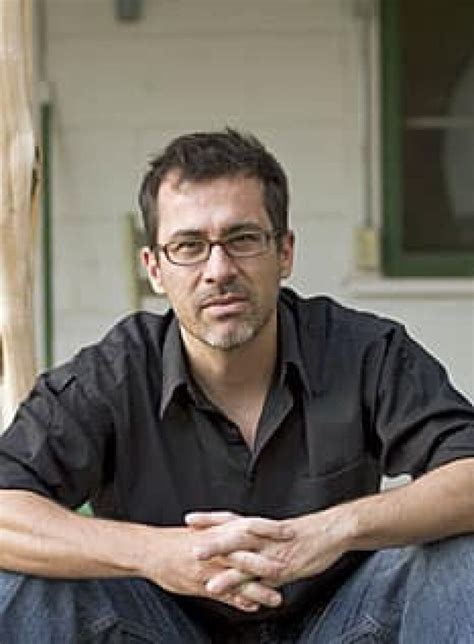Top 1200 Languages Quotes & Sayings - Page 2
Explore popular Languages quotes.
Last updated on April 19, 2025.
I speak English, obviously, Afrikaans, which is a derivative of Dutch that we have in South Africa. And then I speak African languages. So I speak Zulu. I speak Xhosa. I speak Tswana. And I speak Tsonga. And like - so those are my languages of the core. And then I don't claim German, but I can have a conversation in it. So I'm trying to make that officially my seventh language. And then, hopefully, I can learn Spanish.
All the kids are learning different languages. I asked them what languages they wanted to learn, and Shi is learning Khmai, which is a Cambodian language; Pax is focusing on Vietnamese, Mad has taken to German and Russian, Z is speaking French, Vivienne really wanted to learn Arabic, and Knox is learning sign language.
Of course my books are translated into many languages. I have here, in my home, translations on my shelf of my books into forty-five different languages. Almost none of them I can read. I can read only the English editions. But, I know that a translation of a work of literature is like playing a violin concerto on the piano. You can do this. You can do this very successfully on one strict condition: never try to force the piano to produce the sounds of the violin. This will be grotesque. So, different musical instruments provide for different music.
We are in the position of a little child entering a huge library, whose walls are covered to the ceiling with books in many different languages. The child knows that someone must have written those books. It does not know who or how. It does not understand the the languages in which they are written. The child notes a definite plan in the arrangement of the books, a mysterious order, which it does not comprehend but only dimly suspects.
We with Michael Jackson were in the studio recording some work on "Man in the Mirror" or the duet. I can't remember which it was. We did the duet in three languages: English, French and Spanish. So, I spent like a week with him in the studio doing the three songs in different languages. It was just an awesome experience recording with him.
The various languages placed side by side show that with words it is never a question of truth, never a question of adequate expression; otherwise, there would not be so many languages. The 'thing in itself' (which is precisely what the pure truth, apart from any of its consequences, would be) is likewise something quite incomprehensible to the creator of language and something not in the least worth striving for.
When I hear myself speak French, I look at myself differently. Certain aspects will feel closer to the way I feel or the way I am and others won't. I like that - to tour different sides of yourself. I often find when looking at people who are comfortable in many languages, they're more comfortable talking about emotional stuff in a certain language or political stuff in another and that's really interesting, how people relate to those languages.
I am not of the opinion generally entertained in this country [England], that man lives by Greek and Latin alone; that is, by knowing a great many words of two dead languages, which nobody living knows perfectly, and which are of no use in the common intercourse of life. Useful knowledge, in my opinion, consists of modern languages, history, and geography; some Latin may be thrown into the bargain, in compliance with custom, and for closet amusement.
No one really knew the sciences except the Lord Robert, Bishop of Lincoln, by reason of his length of life and experience, as well as of his studiousness and zeal. He knew mathematics and perspective, and there was nothing which he was unable to know; and at the same time he was sufficiently acquainted with languages to be able to understand the saints and the philosophers and the wise men of antiquity but his knowledge of languages was not such as to enable him to effect translations until the latter portion of his life.
Americans don't speak foreign languages, by and large. Their interest in anything beyond the borders of the country is limited. A European of any cultivation has to speak a couple of languages; he inevitably without being very thoughtful about it gets to understand what other people think about him.
If you go back a century in Europe, all over the place people were speaking different languages. There were dozens of languages in France and Italy, and they're all called French [and Italian], but they were not mutually comprehensible. They were different languages. And they have mostly disappeared in the last century or so. Some are being preserved, like Welsh, some are being revived, like Basque or Catelan to some extent. There are plenty of people in Europe who can't talk to their grandmother because they talk a different language.
I'm a professor of comparative literature, among other things, so I'm able to read in a couple of other languages, and I understand that not everyone is, not everyone can, although it is quite stunning how many people do read Spanish in the United States, but moving between languages is also extremely helpful.
Lisp was far more powerful and flexible than any other language of its day; in fact, it is still a better design than most languages of today, twenty-five years later. Lisp freed ITS's hackers to think in unusual and creative ways. It was a major factor in their successes, and remains one of hackerdom's favorite languages.
Von Neumann languages do not have useful properties for reasoning about programs. Axiomatic and denotational semantics are precise tools for describing and understanding conventional programs, but they only talk about them and cannot alter their ungainly properties. Unlike von Neumann languages, the language of ordinary algebra is suitable both for stating its laws and for transforming an equation into its solution, all within the "language."
Many accents and languages is part of myself has definitely played an important role in who I am today as an actor. I feel that speaking five languages has given me the opportunity to work in many different countries across our globe and it makes me understand better the value of each project when it is written in its original language.
To say that truth is not out there is simply to say that where there are no sentences there is no truth, that sentences are elements of human languages, and that languages are human creations.~ The suggestion that truth~ is out there is a legacy of an age in which the world was seen as the creation of a being who had a language his own.
Words, as is well known, are the great foes of reality. I have been for many years a teacher of languages. It is an occupation which at length becomes fatal to whatever share of imagination, observation, and insight an ordinary person may be heir to. To a teacher of languages there comes a time when the world is but a place of many words and man appears a mere talking animal not much more wonderful than a parrot.
The benefits of becoming fluent in a foreign tongue are as underestimated as the difficulty is overestimated. Thousands of theoretical linguists will disagree, but I know from research and personal experimentation with more than a dozen languages that (1) adults can learn languages much faster than children when constant 9-5 work is removed and that (2) it is possible to become conversationally fluent in any language in six months or less. At four hours per day, six months can be whittled down to less than three months.
One of the things that was really influential early on was Ezra Pound's Cantos, one poem he worked on for 50 years. It's epic. I had a great deal of difficulty understanding it. One of the problems was you'd be reading along in English and he would move to a Chinese ideogram or French-he actually used seven different languages in a given poem. And for somebody who's not fluent in different languages it has the impact of rupturing your way of understanding something.
I was fascinated by the lack of a word for a parent who has lost a child. We have no word in English. I thought for sure there'd be a word in Irish but there is none. And then I looked in several other languages and could not find one, until I found the word Sh'khol in Hebrew. I'm still not sure why so many languages don't have a word for this sort of bereavement, this shadowing.
Imagine an extrahuman observer looking at us. Such an extrahuman observer would be struck precisely by the uniformity of human languages, by the very slight variation from one language to another, and by the remarkable respects in which all languages are the same. And then he would notice we do not pay any attention to that because for the purpose of human life it is quite natural and appropriate just to take for granted everything that is common. We don't concern ourselves with that, all we worry about are differences.
One of my favorite literary theorists, Mikhail Bakhtin, wrote that the defining characteristic of the novel is its unprecedented level of "heteroglossia" - the way it brings together so many different registers of language. He doesn't mean national languages, but rather the sublanguages we all navigate between every day: high language, low language, everything. I think there's something really powerful about the idea of the novel as a space that can bring all these languages together - not just aggregate them, like the Internet is so good at doing, but bring them into a dialogue.
And there are also languages that divide nouns into much more specific genders. The African language Supyire from Mali has five genders: humans, big things, small things, collectives, and liquids. Bantu languages such as Swahili have up to ten genders, and the Australian language Ngan’gityemerri is said to have fifteen different genders, which include, among others, masculine human, feminine human, canines, non-canine animals, vegetables, drinks, and two different genders for spears (depending on size and material).
The home ministry's role should be focused. There are so many items under it today; it has to look after even official languages. There should be a minister looking after internal security, and the remaining things should go under another ministry. Things like official languages can be looked after by the human resources development ministry.
'God' is the name given to the most 'important' human idea. In English, as in other languages, the original sense of the word is obscure. But the character of the name is the same in all languages: it is a question. 'God' is the question 'Is there something more important than, something besides, man?'
The main reason I decided to study Latin American literature was because I'd gotten somewhat bored by the American fiction I was reading. I am not drawn to a specific style or aesthetic. When I think about literature, I think about it in the three languages I read easily - English, Spanish, and Portuguese. The authors I prefer are all very different and are not limited to certain genres or even certain time periods. Reading across three languages is a way for me to diversify my intake as a reader, not to tunnel into certain categories or demographics.
Always, in epochs when the languages and dialects of a culture have become outstripped by development of a practical sort, these languages become repetitive, formalised -- and ridiculous. Phrases, words, associations of sentences spin themselves out automatically, but have no effect: they have lost their power, their energy.
Those who become hyperpolyglots are those who meet two criteria. One, they are exposed to language material. Two, they undertake learning languages as a mission as well as acquiring the personal identity as a language learner.I describe the "neural tribe theory" of hyperpolyglots, arguing that they possess an atypical neurology that is selected by some environments and not others; presumably, there have always been humans walking around with that set of neurological traits or factors, only some of whom actually use those things for languages.

